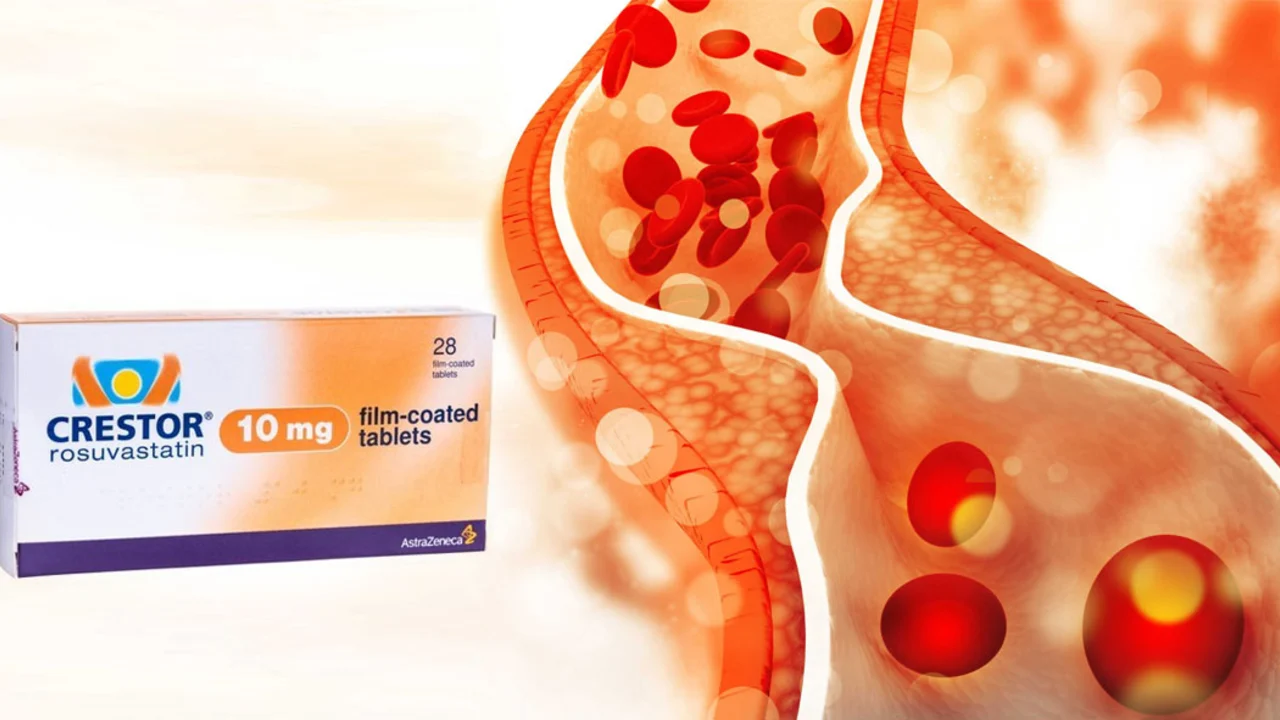Cholesterol Explained – Simple Tips to Keep Levels Healthy
Ever wonder why doctors keep talking about “good” and “bad” cholesterol? It’s not just jargon – the numbers affect how your heart feels day after day. In this guide we’ll break down what cholesterol really is, why it matters, and what you can do right now to keep those levels in check.
What Is Cholesterol and Why It Matters
Cholesterol is a waxy substance that lives in every cell. Your body needs a little of it to make hormones, vitamin D, and bile that helps digest fat. The problem shows up when too much low‑density lipoprotein (LDL) builds up in your arteries. LDL can form plaque, narrowing the vessels and raising the risk of heart attack or stroke. High‑density lipoprotein (HDL), on the other hand, sweeps excess cholesterol away – that’s the “good” part.
Most labs give you a total number, plus separate LDL and HDL values. A healthy adult usually aims for LDL under 100 mg/dL and HDL above 40 mg/dL (men) or 50 mg/dL (women). If your numbers are higher, you don’t have to panic; lifestyle tweaks often move the needle fast.
Everyday Ways to Lower Bad Cholesterol
First up: food. Swap out saturated fats like butter and fatty cuts of meat for healthier options such as olive oil, avocado, and fish rich in omega‑3s (salmon, sardines). Adding soluble fiber – think oats, beans, apples, and carrots – can trap cholesterol in your gut and push it out.
Second: move. You don’t need marathon training; a brisk 30‑minute walk most days already boosts HDL and trims LDL. If you enjoy cycling or dancing, even better – any activity that gets your heart rate up counts.
Third: watch the sugar and refined carbs. Those spikes trigger insulin surges, which can raise triglycerides and lower HDL. Choose whole grains over white bread and limit sugary drinks.
Fourth: consider a quick health check. If diet and exercise aren’t enough after a few months, talk to your doctor about statins or other cholesterol‑lowering meds. They’re proven to cut heart‑attack risk, especially if you have other factors like high blood pressure.
Finally, keep stress in check. Chronic stress nudges the body toward higher LDL production. Simple habits – a few minutes of deep breathing, a short meditation, or chatting with a friend – can lower that hidden cholesterol boost.
Putting these steps together creates a habit loop: better food fuels more energy, which makes moving feel easier, and that momentum keeps your cholesterol on the right side of the line. Start small, track progress, and you’ll see numbers improve without feeling like you’re on a strict diet.
Hello folks! I'm excited to share some impressive information about heart health today. We're going to discuss a powerful combination - Rosuvastatin and Coenzyme Q10. These two elements can help manage cholesterol levels and boost heart health, isn't that amazing? So, stay tuned as we delve deep into the benefits of Rosuvastatin and Coenzyme Q10 for our ticker. Trust me, you just can't miss this one!

